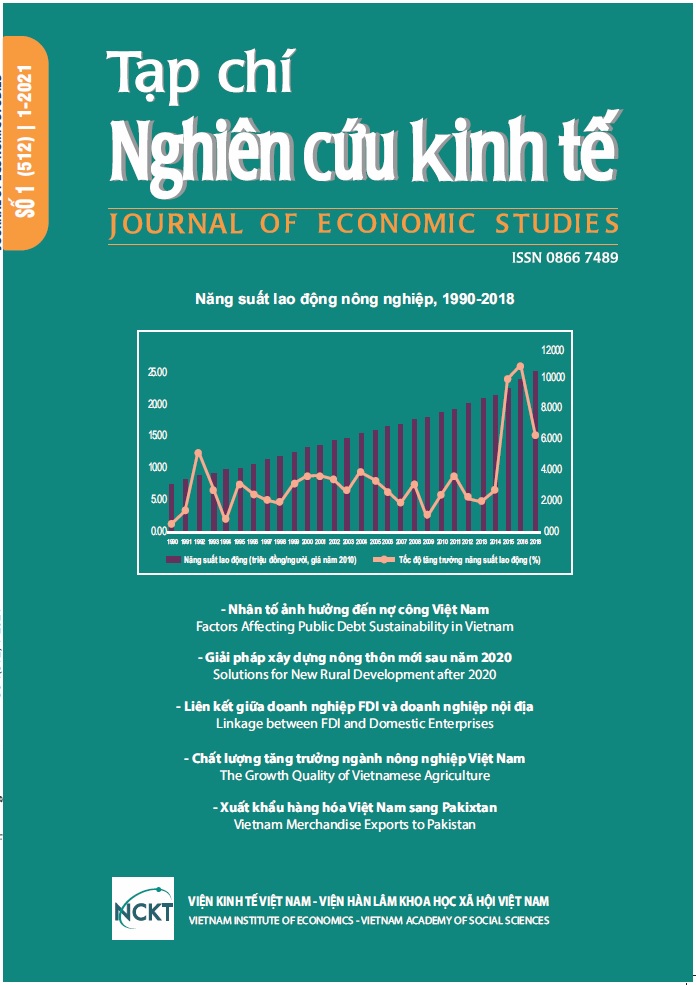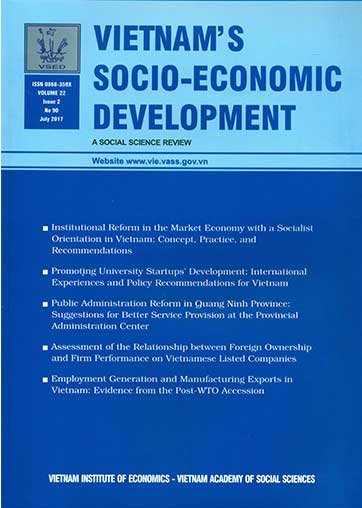Self-reliance is the motivation for economy growth: expert
11/23/2023 5:02:08 PM
The economy is entering a crucial phase to accomplish its plans and goals for 2023 despite facing numerous challenges. While exports still encounter obstacles, certain key products remain pivotal in shaping the economic landscape. On this topic, a reporter from the Vietnam News Agency interviewed Prof. Dr. Bùi Quang Tuấn, Director of the Vietnam Institute of Economics.
 |
| Bùi Quang Tuấn, Director of the Vietnam Institute of Economics. Photo baochinhphu.vn |
The economy is entering a crucial phase to accomplish its plans and goals for 2023 despite facing numerous challenges. While exports still encounter obstacles, certain key products remain pivotal in shaping the economic landscape. On this topic, a reporter from the Vietnam News Agency interviewed Prof. Dr. Bùi Quang Tuấn, Director of the Vietnam Institute of Economics.
How do you see economic prospects given the impacts of the current world economic situation and context?
Obviously, there are many challenges. In 2023, Việt Nam's socio-economic development faces external and internal disadvantages, compounded by the difficulties of an open economy heavily dependent on exports. Despite challenges stemming from the COVID-19 pandemic, the past 10 months showcased the Government's right direction and the resolute efforts of the entire political system.
Positive points include stable development in agriculture and livestock, enhanced timber exploitation, increased aquatic product output, a significant rise in the industrial production index, a trade surplus exceeding $24.6 billion, tourism reaching 10 million visitors, public investment disbursement surpassing 65 per cent of the plan, and substantial foreign direct investment (FDI).
However, I still want to exercise caution in forecasting growth, deeming a growth target of 5 - 5.5 per cent reasonable.
In your opinion, what are the bright spots showing that the economy has positive prospects in the near future?
The challenging external environment underscores the need for self-reliance. Relying exclusively on external factors poses challenges for achieving a robust recovery. Therefore, placing emphasis on the domestic market as a growth pillar is crucial.
While exports currently pose challenges, domestic consumption remains a potential market leader. Total retail sales in the first 10 months of 2023 indicate high growth, showcasing recovering consumer confidence. The non-state sector's investment situation has significantly improved, and foreign direct investment attraction has accelerated.
Finally, policies geared towards promoting public investment seek to improve both the quantity and quality of disbursement. In the upcoming two months, marked by increased domestic consumption and international orders, an opportunity exists that will require focused efforts to capitalise on and overcome challenges.
What is your projection for economic growth in 2024?
In this uncertain context, specifying a precise growth number presents a challenge. Instead, concentrating on policy directions to fortify the foundation is a practical approach. Policies that endorse the development of the digital and green economy are pivotal for ensuring sustainable growth. Timely guidance on these policies empowers entrepreneurs and businesses to proactively foster innovation, guiding the remaining months towards their objectives. Prioritising the restoration of internal strength will allow the economy to surmount existing challenges. This not only safeguards the workforce but also fortifies businesses, elevating competitiveness for swifter and more robust development in the future. VNS
.jpg)



